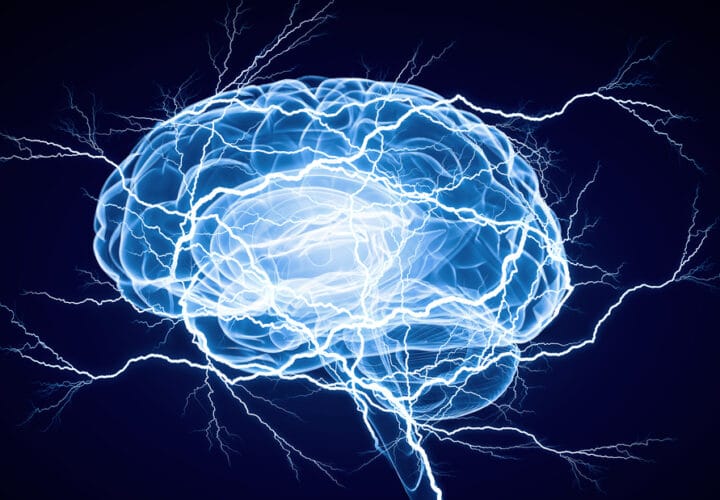Some scientists said they may be able to use deep brain stimulation to treat mild Alzheimer's.
When doctors deliver pulses of electricity deep into the brain, they see improvements in diseases like diabetes, Parkinson’s, and even depression and obsessive-compulsive disorder. It’s a method of treatment called deep brain stimulation (DBS). And now, scientists said they may be able to add mild Alzheimer’s to the list of conditions deep brain stimulation is able to treat.
Researchers from Toronto Western Hospital’s Krembil Neuroscience Centre implanted electrodes into the brains of 42 patients with mild Alzheimer’s. Half of the electrodes were immediately activated, while the other half were turned off, acting as a control until a year into the study, when they were then turned on. During the second year of the study, scientists saw that not only is deep brain stimulation safe, it also potentially was able to slow Alzheimer’s in those 65 years or older.
For patients with Alzheimer’s who were over the age of 65, those who received the stimulation at the beginning of the treatment had a slower progression of Alzheimer’s than those whose treatment started a year later. Researchers measured their progress with tests used to measure the progression of dementia.
The study authors think the results are worthy enough to continue with deep brain stimulation research for mild Alzheimer’s—especially considering the failure rate of drugs targeting beta-amyloid, the protein that forms into plaques in the brains of Alzheimer’s patients.
“We are encouraged by these findings as they continue to help us identify who will benefit most from DBS to treat Alzheimer’s disease and learn more about this illness,” said Dr. Andres Lozano, neurosurgeon and the principal investigator of the study. “With so few treatments available and the incidence of Alzheimer’s only expected to increase, we really need to fully explore all treatments that seem to be of benefit to patients.”
Next, the team will launch a Phase 3 international trial with 140 patients over the age of 65. Phase 3 trials are typically the final stage before treatments go on for Food and Drug Administration approval.
This study was published in the Journal of Alzheimer’s Disease.



How does one get into these studies? Would love to try this. My husband has frontal temporal lobe dementia? Any chance
This sounds very interesting. My older sibling has dementia. This is a study I’m sure her kids would like to try. She is still active. Has a great appetite, and can still respond very well. She lives with family, but she can still be left alone in the day n all night to. She prepares breakfast every morning and can still take her bath alone. I would like more information.